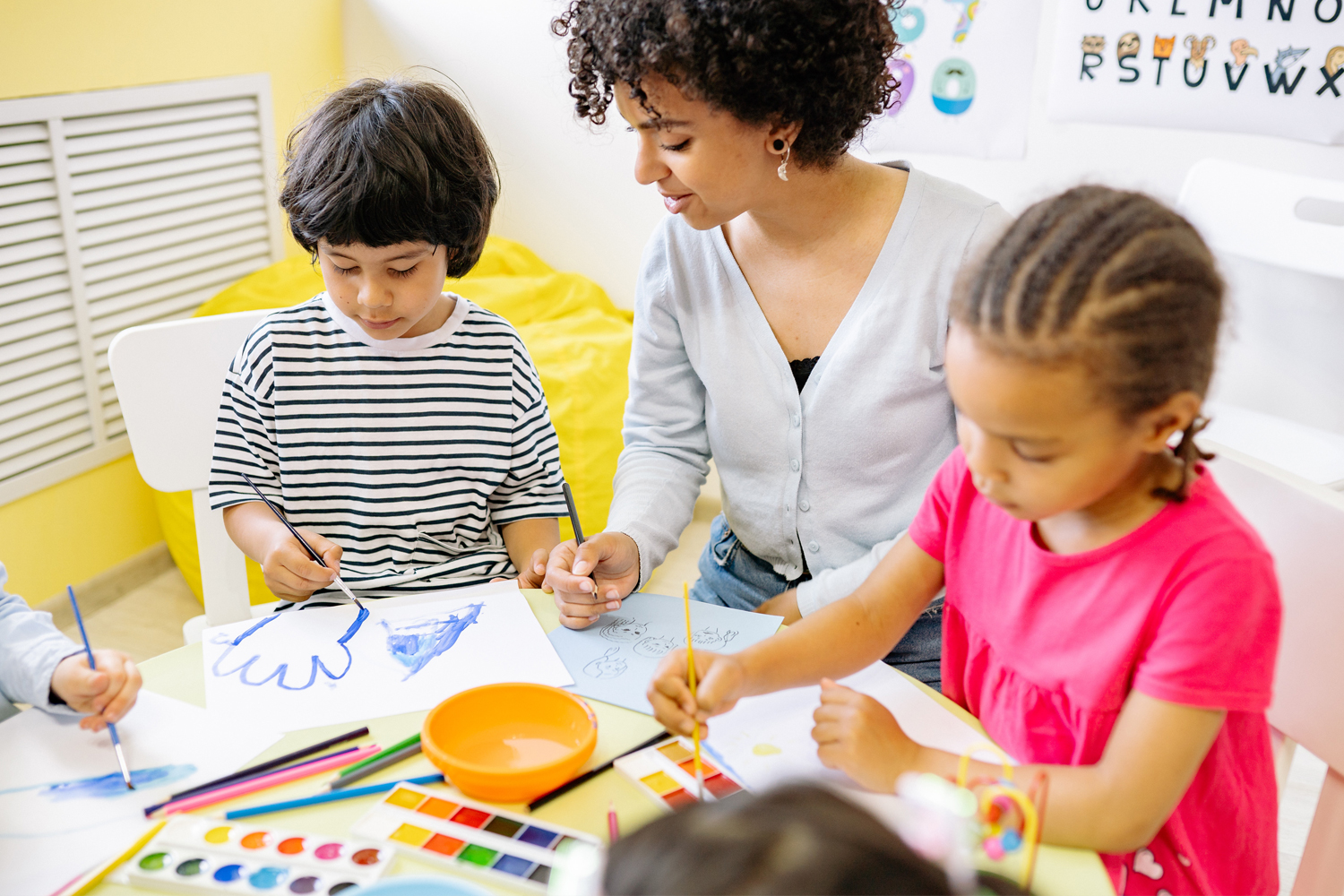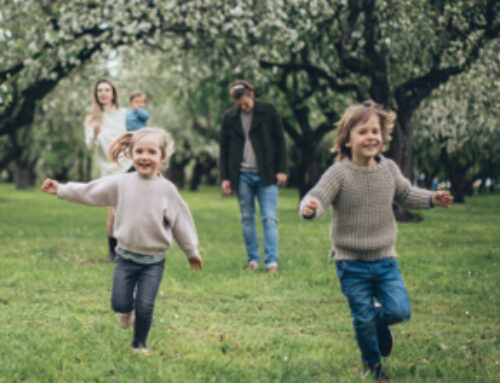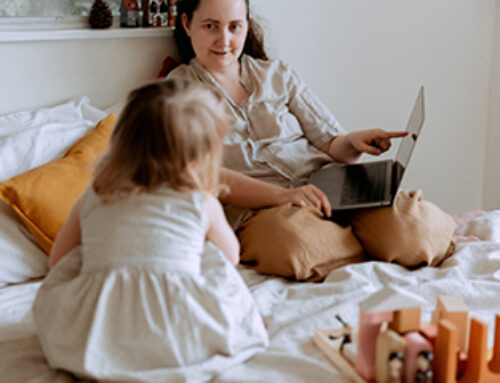When you hear the word “vision”, does your mind go straight to the eye exam poster with large letters at the top and small letters on the bottom? Glasses or contacts are prescribed to help you see things clearly up close or at a distance. However, those only alleviate challenges with visual acuity or the sharpness of vision. Many children have difficulty with what we call visual processing, or how the brain interprets visual information.
A child may be challenged by one or a combination of the following areas of visual processing. Many self-help and school skills can be significantly more difficult because a child has trouble understanding what they see around them.
Visual-Motor Processing: Decreased visual-motor skills means that your child has difficulty using what they see to help coordinate their motor movements. This presents as bumping into people and objects in the environment and having a hard time kicking a ball or throwing at a target.
Visual-Spatial Processing: Decreased visual-spatial processing means that your child has difficulty understanding where objects are in space or in relation to themselves and other objects. This presents challenges with completing puzzles, stacking blocks, and coloring within the lines.
Visual Discrimination: Decreased visual discrimination means that your child has difficulty differentiating similar objects, letters, and shapes. This presents as trouble with recognizing similar letters (“n” vs. “m”, “b” vs. “p”), finding a specific object among a background, and matching objects like a pair of socks.
Strengthening all areas of visual processing is an everyday part of the Blue Bird Day curriculum. Incorporating activities like puzzles, matching tasks, coloring books, target practice, and “I Spy” when you’re at home with your child can also help them to visually understand their world around them.

Blue Bird Day fosters socialization, sensory regulation, and pre-academic learning in children ages 2-7 years in therapeutic rotations that simulate preschool and kindergarten settings. Our compassionate therapists practice a relationship-based and family-centered approach, provide parent training, and collaborate on goals and individualized intensive treatment plans for your child.
We believe in a collaborative and multi-disciplinary team approach to therapy. A team of occupational therapists, speech-language pathologists, dietitians, developmental therapists, behavioral therapists, physical therapists, and therapeutic assistants are created for each child to ensure child and family are fully supported and the best possible results are achieved.
Options for individualized, group and virtual therapy sessions are available as well.
Want to learn more or you have a specific question? Feel free to connect with us here!



